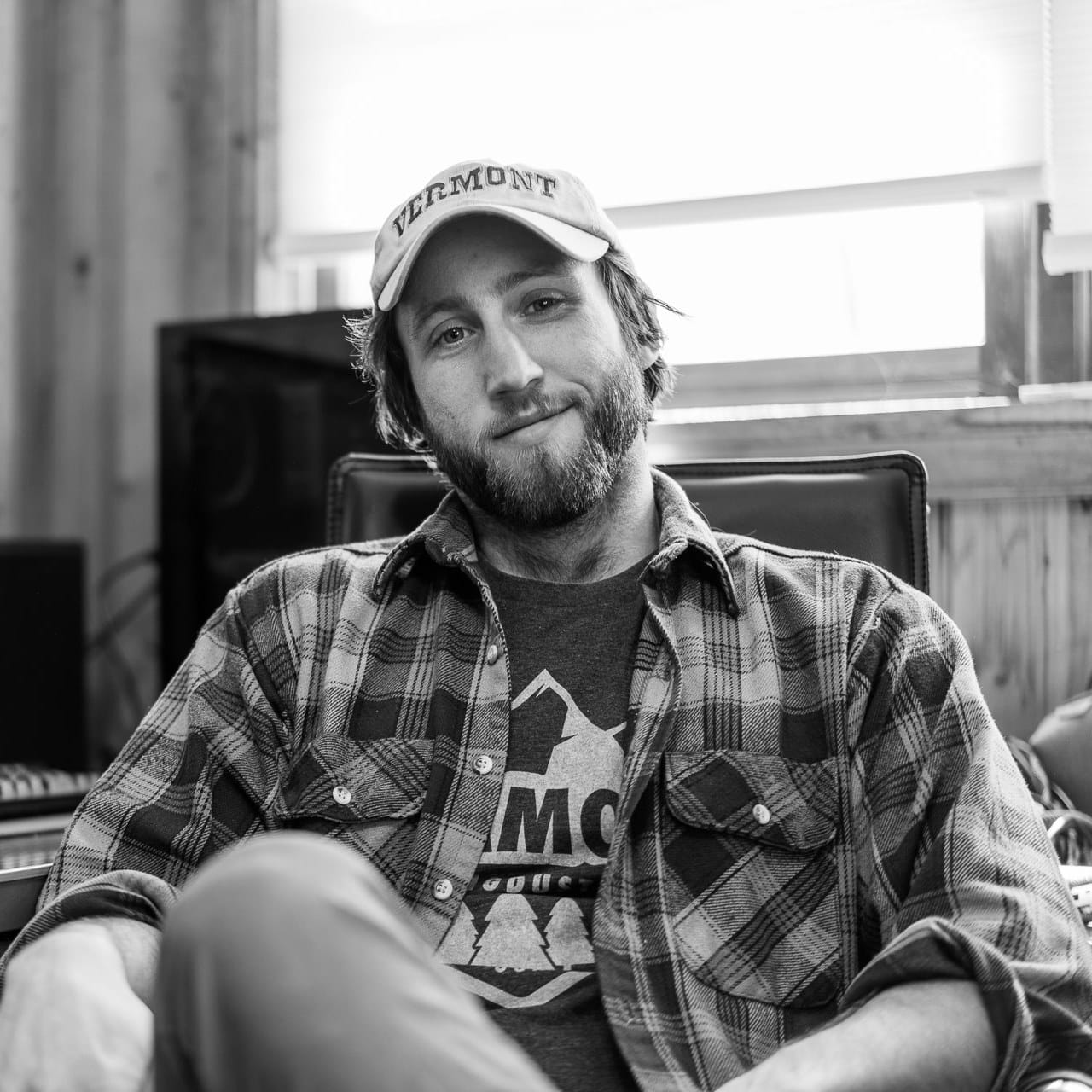About

'About Me' pages are really a sales pitch in disguise; why would you read what I have to say? As thinly veiled self-promotion, I hope a brief recounting of my trajectory illustrates why I care so deeply about engineering and the problems that I hope to spend the next phase of my life solving.
I've lived a life of many side quests, with a propensity for seeking novelty over stability leading to lots of unconventional yet formative experiences. I was raised in rural Vermont among the peculiar breed of hippy/nerdy/rural folk that can be found in those hills. My family was (and still is) unusually conversational and intellectually stimulating, giving me the gift and curse of an entirely passion-driven motivation center. I started working on the old cars we had around at an early age and found great freedom and agency in the machines. With plenty of detours, I meandered my way through a boarding school and then on to Rensselaer Polytechnic Institute where a degree in mechanical engineering seemed to be the unquestionable default and over-indexing my time on the Formula SAE team the obvious choice.
The world I had immersed myself in took me to Michigan and the automotive industry where I've worked for the better part of a decade. I've moved between large legacy OEMs, startup manufacturers, consultancies and engineering services. The century-old iterative effort of combustion engines was as delightfully juicy engineering challenge but I quickly became enticed by the greenfield of electric vehicle technology.
After a youthful bias towards machines and fabrication my frustration with the ability to innovate in automotive grew precipitously. Real and difficult constraints of physical manufacturing combined with legacy attitudes and anti-innovation cultures led me to feel like I was swimming through Jello. Then the electrified controls space introduced software to my world and quickly radicalized my engineering process. The freedom of digital spaces to programmatically define logic, data, and systems has created powerful constructs. In computer science, I found the rigorous agility, systems thinking, and obsession with tools and process that my old industry was lacking.
Now I work for a software startup out of the Bay Area tech industry. I spend my days heavily involved in the world of Rust, specifically in safety-critical industries, and thinking about engineering processes. I'm fixated on not the engineering that we do but how we do it. I believe that to build the next generation of great machines we'll need to tools derived not from the last industrial revolution but the next. You'll find most of the writing here is about how we work, communicate, and engineer both software and hardware systems.
